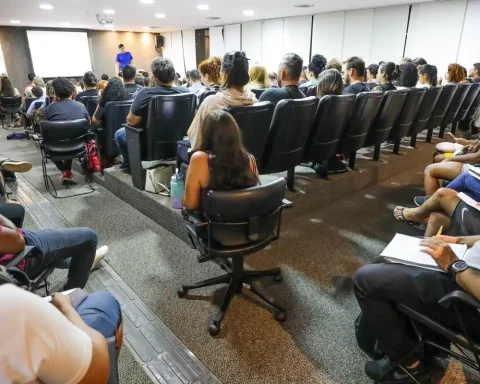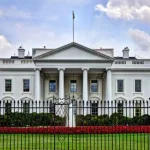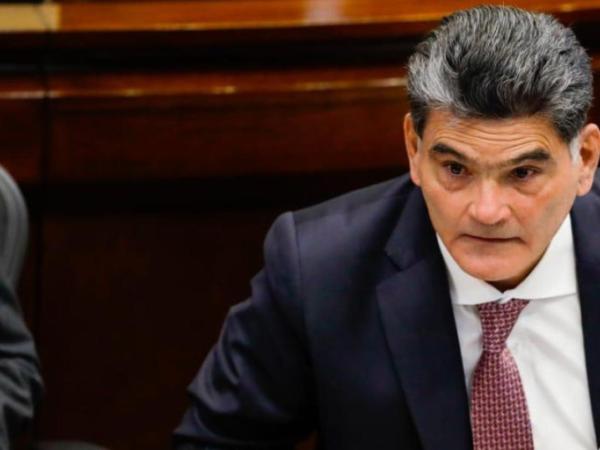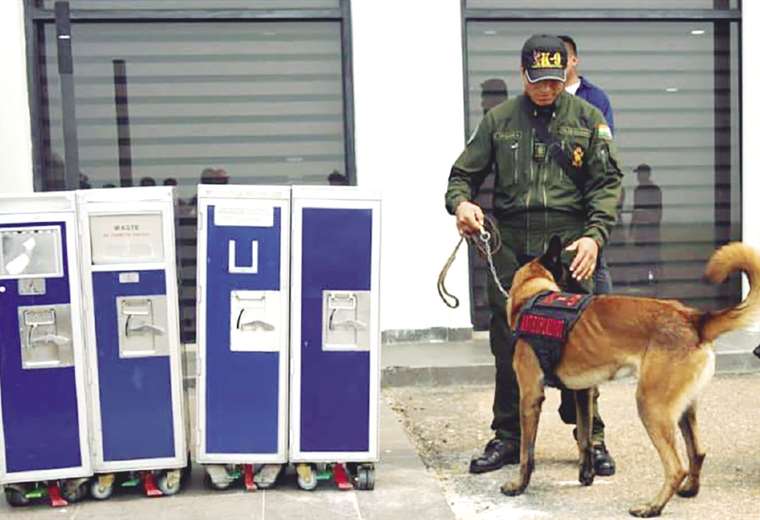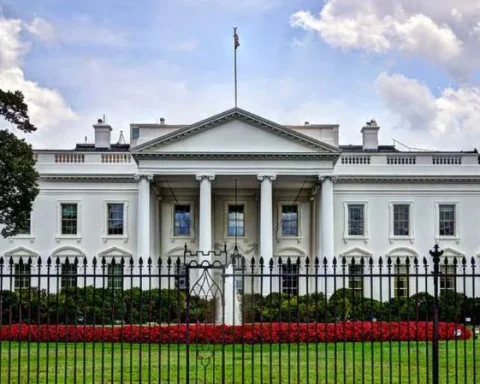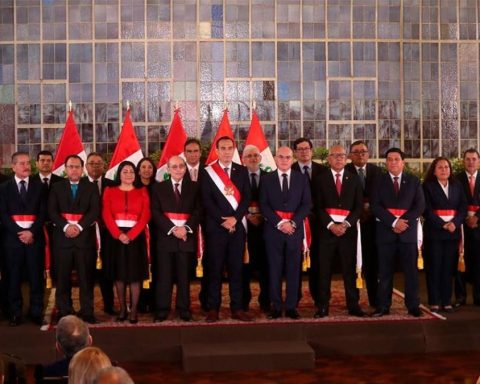The Monetary Policy Committee’s (Copom) decision to halt the cycle of cuts to the Selic rate, the economy’s basic interest rate, has been criticized by politicians and the production sector. In their view, raising interest rates by 10.75% per year threatens the economy’s recovery, especially when the United States has begun to cut interest rates.
In a post on the Bluesky social network, the president of the PT, federal deputy Gleisi Hoffman (PR), classified the Copom’s decision as unjustified.
“On the day that the United States cut interest rates by 0.5 points, a global trend, the Central Bank [Banco Central] Brazil raises rate to 10.75% [ao ano]. In addition to harming the economy, it will cost an additional R$15 billion in public debt. Money that goes from education, health, and the environment to the coffers of Faria Lima. We don’t have inflation to justify this!” criticized the parliamentarian.
For the National Confederation of Industry (CNI), Copom’s decision was excessive to control inflation. According to the entity, the measure will only impose additional restrictions on economic activity, with negative repercussions on employment and income, while developed economies begin to reduce interest rates.
“The current and prospective economic scenarios, especially regarding inflation, show that an increase in the Selic rate would be wrong and excessively conservative on the part of the monetary authority, with negative and unnecessary consequences for economic activity. Furthermore, it would put Brazil in the opposite direction of what the world is doing at the moment, which is reducing interest rates,” said CNI president Ricardo Alban in a statement.
The Federation of Industries of the State of Rio de Janeiro (Firjan) considered Copom’s decision to increase the basic interest rate hasty. According to the entity, the current situation requires attention, but the inflationary risk is still unclear.
“The high interest rate has been compromising strategic sectors, especially industry, and undermining any possibility of increasing the country’s investment rate. The industrial sector, although it has shown a timid recovery in recent months, is still operating 15% below its historical high, recorded in May 2011,” says the Federation.
The São Paulo Supermarket Association (Apas) reported that Copom’s decision was not surprising, but warned of the effects of high interest rates on the level of domestic activity.
“It is worth remembering that Brazil already has one of the highest real interest rates in the world, which further aggravates the challenges to the country’s economic growth. With such a high interest rate, it is difficult to foster the level of investment necessary for solid and consistent growth in the medium and long term of the country’s economy,” warned Felipe Queiroz, chief economist at Apas.
Trade unions
The increase in basic interest rates has also been criticized by trade unions. For the Central Única dos Trabalhadores (CUT), the measure sabotages the economy and increases the heavy interest burden on the government and the population.
“The Central Bank, through Copom, continues to practice a monetary policy that is prohibitive to the country’s development. Despite having suffered some reductions, in the last two years, the Selic rate has been kept very high, making Brazil one of the three countries with the highest real interest rates (which is the result of the Selic minus inflation) in the world,” highlighted the president of the National Confederation of Financial Sector Workers (Contraf-CUT) and vice-president of CUT, Juvandia Moreira.
The CUT cited a study by the Inter-Union Department of Statistics and Socioeconomic Studies (Dieese), according to which a 0.25 point increase in the Selic rate will increase the federal government’s spending on interest on government bonds by R$13 billion. The impact is only from the increase at the last meeting, disregarding new increases in the coming months. According to the study, each 1% increase in the Selic rate increases the costs of the bonds by R$40 billion.
Força Sindical described the decision as a “reward for speculators.” In a statement, the organization’s president, Miguel Torres, said that the Central Bank is going against the country’s development.
“This gradual strategy, gradually increasing the rate, negatively affects, mainly, the economically disadvantaged and will hinder the salary campaigns of this semester as well as the production and consumption of families. Raising interest rates at this time brings more uncertainty. The increase in interest rates tends to discourage investment and consumption in the country. A prosperous, democratic, sovereign Brazil focused on the well-being of its people depends on a strong economy and low interest rates,” Torres highlighted.




